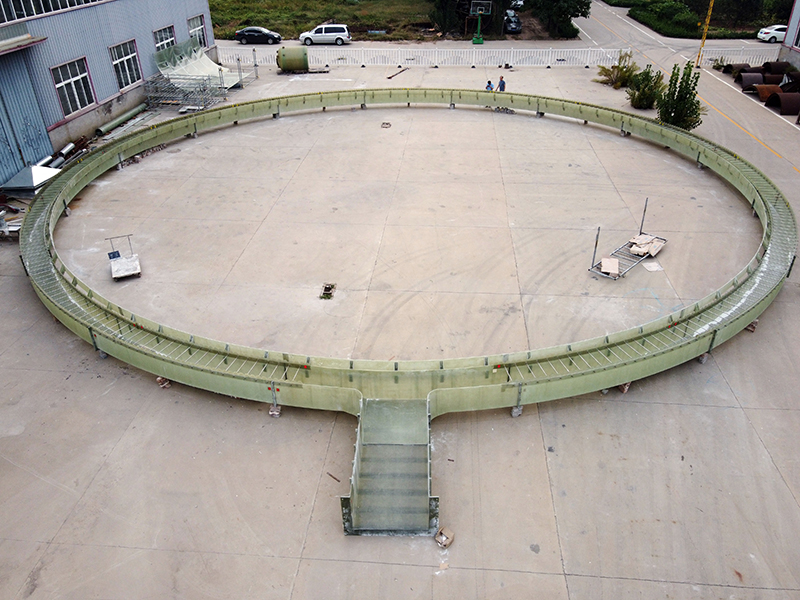
-
 Afrikaans
Afrikaans -
 Albanian
Albanian -
 Amharic
Amharic -
 Arabic
Arabic -
 Armenian
Armenian -
 Azerbaijani
Azerbaijani -
 Basque
Basque -
 Belarusian
Belarusian -
 Bengali
Bengali -
 Bosnian
Bosnian -
 Bulgarian
Bulgarian -
 Catalan
Catalan -
 Cebuano
Cebuano -
 China
China -
 China (Taiwan)
China (Taiwan) -
 Corsican
Corsican -
 Croatian
Croatian -
 Czech
Czech -
 Danish
Danish -
 Dutch
Dutch -
 English
English -
 Esperanto
Esperanto -
 Estonian
Estonian -
 Finnish
Finnish -
 French
French -
 Frisian
Frisian -
 Galician
Galician -
 Georgian
Georgian -
 German
German -
 Greek
Greek -
 Gujarati
Gujarati -
 Haitian Creole
Haitian Creole -
 hausa
hausa -
 hawaiian
hawaiian -
 Hebrew
Hebrew -
 Hindi
Hindi -
 Miao
Miao -
 Hungarian
Hungarian -
 Icelandic
Icelandic -
 igbo
igbo -
 Indonesian
Indonesian -
 irish
irish -
 Italian
Italian -
 Japanese
Japanese -
 Javanese
Javanese -
 Kannada
Kannada -
 kazakh
kazakh -
 Khmer
Khmer -
 Rwandese
Rwandese -
 Korean
Korean -
 Kurdish
Kurdish -
 Kyrgyz
Kyrgyz -
 Lao
Lao -
 Latin
Latin -
 Latvian
Latvian -
 Lithuanian
Lithuanian -
 Luxembourgish
Luxembourgish -
 Macedonian
Macedonian -
 Malgashi
Malgashi -
 Malay
Malay -
 Malayalam
Malayalam -
 Maltese
Maltese -
 Maori
Maori -
 Marathi
Marathi -
 Mongolian
Mongolian -
 Myanmar
Myanmar -
 Nepali
Nepali -
 Norwegian
Norwegian -
 Norwegian
Norwegian -
 Occitan
Occitan -
 Pashto
Pashto -
 Persian
Persian -
 Polish
Polish -
 Portuguese
Portuguese -
 Punjabi
Punjabi -
 Romanian
Romanian -
 Russian
Russian -
 Samoan
Samoan -
 Scottish Gaelic
Scottish Gaelic -
 Serbian
Serbian -
 Sesotho
Sesotho -
 Shona
Shona -
 Sindhi
Sindhi -
 Sinhala
Sinhala -
 Slovak
Slovak -
 Slovenian
Slovenian -
 Somali
Somali -
 Spanish
Spanish -
 Sundanese
Sundanese -
 Swahili
Swahili -
 Swedish
Swedish -
 Tagalog
Tagalog -
 Tajik
Tajik -
 Tamil
Tamil -
 Tatar
Tatar -
 Telugu
Telugu -
 Thai
Thai -
 Turkish
Turkish -
 Turkmen
Turkmen -
 Ukrainian
Ukrainian -
 Urdu
Urdu -
 Uighur
Uighur -
 Uzbek
Uzbek -
 Vietnamese
Vietnamese -
 Welsh
Welsh -
 Bantu
Bantu -
 Yiddish
Yiddish -
 Yoruba
Yoruba -
 Zulu
Zulu
frp desalination pipes and fittings for efficient water treatment
FRP Desalination Pipes and Fittings for Efficient Water Treatment
As the global demand for fresh water continues to rise due to population growth, industrial demands, and agricultural needs, innovative solutions are required to address water scarcity issues. One prominent technology in combating this challenge is desalination, the process of removing salt and other impurities from seawater to produce potable water. A critical component of desalination technology is the infrastructure used to transport and process water. Fiber Reinforced Polymer (FRP) pipes and fittings have emerged as a superior choice for efficient and sustainable water treatment systems.
Understanding FRP Technology
Fiber Reinforced Polymer (FRP) is a composite material made from a polymer matrix reinforced with fibers, usually glass or carbon. This combination yields an exceptionally strong, lightweight, and corrosion-resistant product. In the context of desalination, FRP pipes and fittings offer several advantages over traditional materials such as steel or concrete.
Advantages of FRP Pipes in Desalination
1. Corrosion Resistance Desalination processes involve exposure to seawater, which contains high levels of salt and other corrosive elements. FRP pipes are inherently resistant to corrosion, ensuring a longer service life and reduced maintenance costs.
2. Lightweight Construction The lightweight nature of FRP facilitates easier installation and handling compared to heavier materials. This advantage is especially significant when dealing with large-scale desalination projects where transportation and installation can pose significant challenges.
3. High Strength-to-Weight Ratio FRP pipes can endure high pressures, which is essential for desalination processes that often operate under significant hydraulic pressure. Their ability to withstand these stresses without the added weight makes them a preferred choice.
4. Flexibility FRP pipes can be manufactured in various shapes and sizes, allowing for customized solutions that meet specific project needs. This adaptability is crucial in complex desalination plants where piping systems need to navigate around existing infrastructure.
frp desalination pipes and fittings for efficient water treatment

5. Temperature Resistance Desalination systems often require high temperatures during certain processes. FRP materials can be engineered to withstand temperature variations, making them suitable for various operational conditions.
Applications in Water Treatment
FRP pipes and fittings are utilized across multiple stages of the desalination process. Initially, they are employed in the intake and discharge systems, where seawater is drawn in and treated. The corrosion resistance of FRP is particularly beneficial here, protecting against the harsh marine environment.
Moreover, FRP is used in reverse osmosis (RO) systems, which are one of the most common desalination technologies. RO membranes operate at high pressures, and FRP pipes can easily accommodate these demands. The high strength and lightweight design ensure optimal performance while reducing energy consumption and operational costs.
In addition to RO systems, FRP fittings such as valves, connectors, and flanges are essential for creating a comprehensive and effective piping network. Their reliability and performance are crucial to minimizing the risk of leaks, which can lead to significant water loss and inefficiencies in the desalination process.
Conclusion
As the world faces increasing water scarcity, desalination technology plays a vital role in providing fresh water resources. The choice of materials for desalination infrastructure is critical, and Fiber Reinforced Polymer pipes and fittings stand out as a practical solution. With their numerous advantages, including corrosion resistance, lightweight construction, high strength, flexibility, and temperature resilience, FRP materials contribute significantly to the efficiency and longevity of water treatment systems.
Investing in advanced materials like FRP not only enhances the functionality of desalination plants but also aligns with sustainable practices by reducing waste and energy usage. As the industry moves forward, the integration of innovative materials and technologies will be crucial for meeting global water demands and ensuring a sustainable future for water resources.









